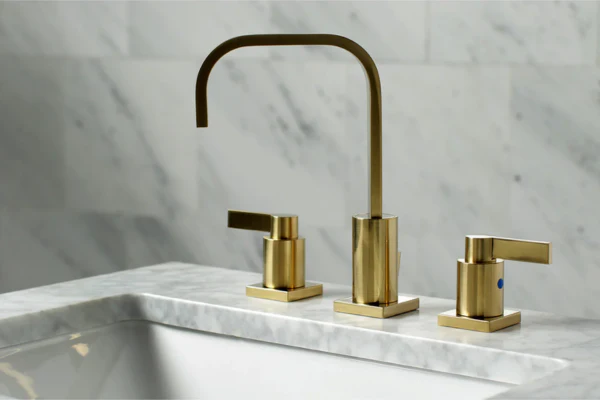A leaking faucet can be both frustrating and time-consuming to fix. Fortunately, there are several ways you can prevent your faucet from leaking in the first place. Understanding these tips can save you time and hassle. Also see Galaxy plumbing and heating
Understanding Faucet Components
– Ball Valve: Controls the temperature of the water.
– Aerator Screws: These screens at the end of the faucet regulate the water flow.
– Cartridge Valve: Manages the water flow inside the faucet.
– O-Ring: Seals connections between different parts of the faucet.
– Small Springs: Work with seals to prevent leaks.
– Valve Seat: Located under the washer, helps in opening and closing the water flow.
– Washers: Rubber pieces that ensure a tight seal to stop leaks.
Issues with any of these parts can cause your faucet to leak
Common Causes of Faucet Leaks
Internal Corrosion:
Corrosion can create cracks in the faucet and damage seals, leading to leaks. To fix this, clean the corrosion with a soft cloth and mild cleanser. For stubborn corrosion, use a specialized product. If you notice leaks at the faucet base, the O-ring might be compromised. Regularly check for cracks to prevent further damage.
Mineral Build-Up:
Hard water, which contains high levels of minerals like lime, can clog faucets and cause leaks. This build-up increases water pressure, stressing the faucet seals. To remove mineral deposits, use a soft brush and a cleaning solution. Be sure to rinse the faucet well to avoid damaging its finish.
Failed Parts:
Over time, parts like cartridge valves can wear out. If you find it hard to turn off the faucet completely, the cartridge valve may be failing. Replacing these valves can help fix the leak.
Preventing Faucet Leaks

Check Water Pressure:
High water pressure can stress your plumbing fixtures and cause leaks. Signs of excessive pressure include strange noises from pipes and leaky fixtures. If you suspect high pressure, consider having a professional install a pressure-reducing valve.
Evaluate Water Hardness:
Hard water can lead to faucet problems. Use a testing kit to check your water’s hardness. If your water is too hard, install a water softener to remove excess minerals.
Keep Faucets Dry:
Water left around the faucet base can lead to corrosion. To prevent this, keep the faucet area dry after use. Wipe the faucet clean and ensure it’s dry to avoid leaks.
Turn Off the Water at the Source:
For faucets or utility sinks you don’t use often, turn off the water at the shut-off valves. This reduces the water pressure on the faucet and helps prevent leaks.
Need Help with a Leaky Faucet?
If you’re dealing with a leaky faucet, Blue Mills Plumbing is here to help. Based in Independence, MO, Blue Mills Plumbing has over 30 years of experience serving Eastern Jackson County and the surrounding Kansas City areas. Our skilled team provides expert, affordable repairs for all types of faucet leaks.










